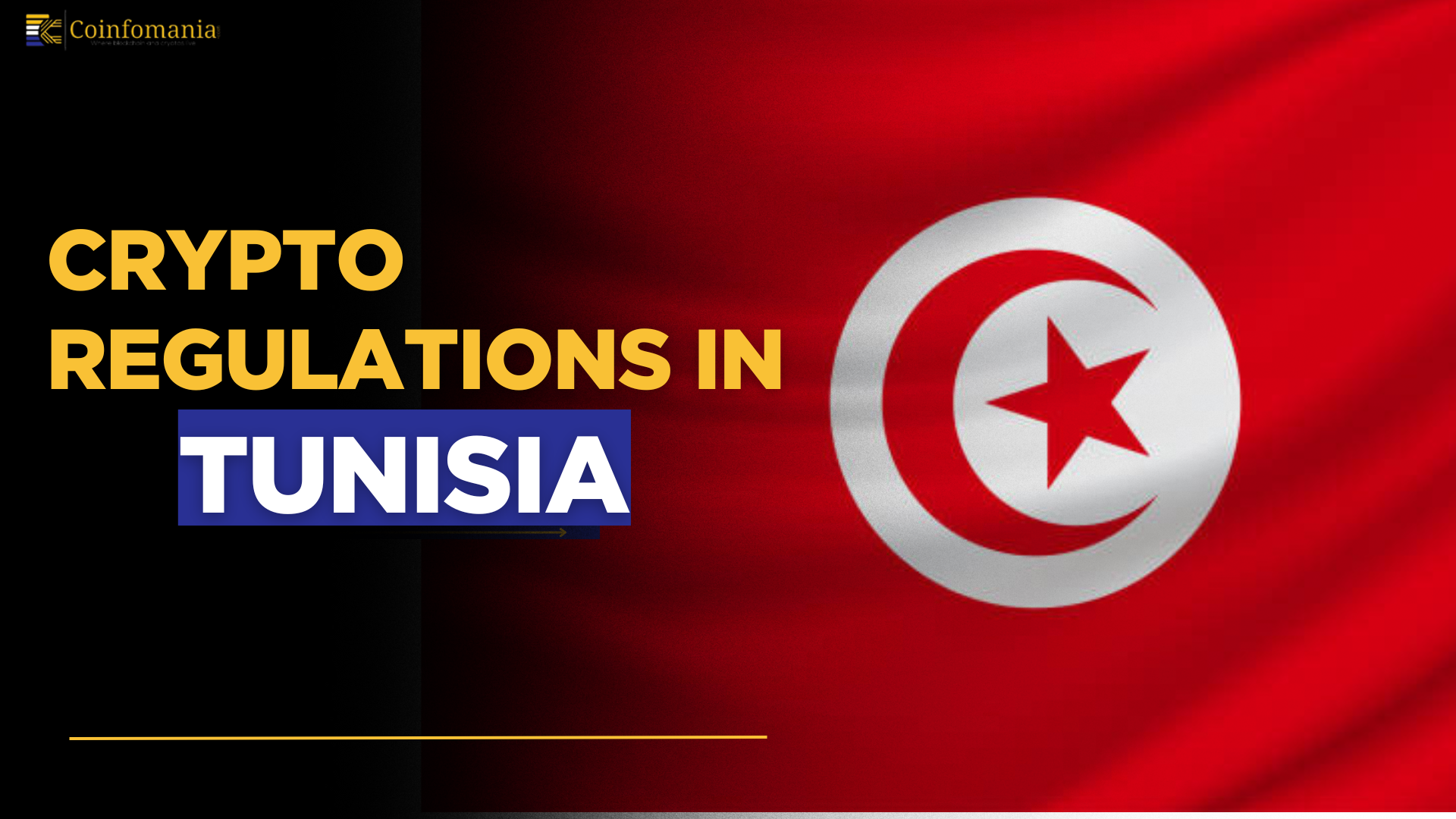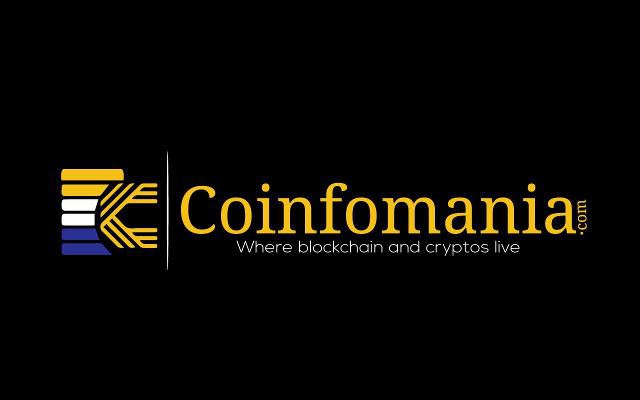Cryptocurrency Regulations in Tunisia
0
0

Tunisia is already crypto-restrictive. A 2018 statement by the Central Bank of Tunisia (BCT) makes it a crime to undertake any result in virtual-money without the authorisation of the state, hence forbidding any public trading, exchange services, and even crypto payment acceptance.
It is important that investors, companies, and users of these innovations are aware of this ban and the limited exceptions awarded via a national fintech sandbox, or they can be fined or imprisoned.
The central regulatory institutions are the BCT (monetary policy and sandbox regulation), the Ministry of ICT & Digital Economy (Digital Tunisia programs) and the Financial Market Council (CMF), which would regulate tokenised securities in case of the removal of the ban.
Historical Context
The first years of Bitcoin trading (2013-2017) were carried out in a regulatory black hole, most of it in peer-to-peer chat rooms.
In May 2018, the BCT formally banned crypto transactions due to the risk of a capital flight and money laundering; banks began to block card purchases at foreign exchanges.
The country was introduced to an E-Dinar CBDC in 2019, only to be immediately ruled out by the BCT, but the rumour was a sign of an increasing institutional interest.
The BCT has, since 2020, opened a regulatory sandbox, and its governor has publicly campaigned against a policy of discouraging innovation, which is a sign that the mood has changed, although the ban has not been rescinded.
The discussion hit a new peak in 2021 when a teenager was jailed after exchanging a small amount of cryptocurrency, prompting a discussion at cabinet level on decriminalisation, which is yet to take place.
Regulatory Framework
Key authorities
- Central Bank of Tunisia (BCT) – determines the monetary policy, upholds the crypto ban, and runs the fintech sandbox.
- Financial Market Council (CMF) capital-markets watchdog; a future security-token offering would have to be licensed by it.
- National Anti-Money-Laundering Commission (CTAF) – monitors AML requirements in financial establishments.
Licensing & registration
Tunisia does not provide any extended permit to exchanges, custodians, or platforms of token-issuance. Blockchain or payment pilots have to apply to the BCT sandbox, with a temporary, limited-scope testing period, by which transactions are limited.
AML / KYC
Banks have to deny crypto-related transfers. Sandbox participants are required to carry out complete customer identification, keep elaborate ledgers, and file Suspicious Transaction Reports with CTAF.
Taxation
Since trading is illegal, the country of Tunisia lacks a special crypto tax code. Any profits discovered are also considered illegal and can be seized; companies are not allowed to record crypto assets on local books.
ICOs, STOs, and other properties
ICOs are not allowed to be public. Security tokens would also be subject to CMF prospectus, which has not been approved. Utility tokens are not permitted to be released until it is done in a sandbox test and limited to closed-loop pilots.
Tunisia Crypto Policies
Usage: All crypto payments made in the state are illegal, and merchants are not allowed to accept digital assets as payment for goods or services.
Mining: In mining, importing ASIC rigs and exchanging mined coins into dinar violate the 2018 directive; equipment can be seized by the customs authorities.
Government: The BCT has created an in-house E-Dinar Proof-of-concept, but no pilot is externally available. Based under the Digital Tunisia 2025 project, blockchain technology is listed towards the aim of transparency in supply chain and record keeping and only specifically on permissioned ledgers.
Fines and jail time: Up to five years in jail and fines are possible under currency-control regulations, operating an exchange, marketing tokens, or crypto holdings.
The Approach of the Country to Crypto Innovation
The BCT Regulatory Sandbox is being used to allow small groups of fintechs to test blockchain payments, remittances and traceability platforms in a tightly supervised manner. Individual cohorts last six to twelve months and use both user and volume limits, setting a controlled experimental environment.
Local start-ups (including VFunder (creative crowdfunding), Hydro E-Blocks (carbon tracking), and No Phobos (AI-generated NFTs)) tend to have their infrastructure hosted in other countries and take advantage of sandbox exemptions to conduct research. Mainstream usage is fragile: Even a handful of e-commerce platforms experiment with cryptocurrency pricing but end up offshore. The government pilots are interested in land-registry digitisation and the distribution of targeted-subsidies through privately managed blockchains.
Distinguished Problems and Difficulties
Inconsistency in regulations: A complete ban on trading next to an innovation-friendly sandbox is misleading and puts off high-scale investors.
Enforcement challenges: The peer-to-peer applications and foreign exchanges operate discreetly to serve Tunisians, making it hard to monitor AML.
Popular perception: The media images of this are vacillating between opportunity and threat. The story of the teen-arrest of 2021 still lingers in the minds of the people and puts off both casual users as well as banks.
Important Regulatory Trends and Prospects
Recent events: Parliamentary committees are considering a draft bill to decriminalise possession and make possession a licence regime on FATF travel-rule lines. In a hint, the BCT has stated that second-generation sandbox cohorts may involve tokenised-bond pilots in climate-finance projects.
Projections—There will be partial legalisation in 24 months: conditional exchange licences, mandatory on-shore KYC and restricted corporate mining permits. Tax regulations are bound to come next, with the crypto profits being defined as taxable income after the legalisation of trading.
International consequences—The move in Tunisia to a controlled market to a complete ban may have implications on other Francophone North-African countries and give them a middle-way solution to balance capital control and technology innovation.
Conclusion
Tunisia has not yet officially changed its mind on open-market use of cryptocurrency, but the sandbox and legal discussions show a shift to tightly controlled acceptance. To the investor and the developer, understanding the penalties over time at present is going to be a vital part of risk management and initial-stage positioning, keeping an eye on the impending changes in policy.
Frequently Asked Questions (FAQs)
1. Is it legal to sell or buy Bitcoin in Tunisia?
No. Any cryptocurrency is now prohibited by the 2018 BCT directive. Those who break the law face the risk of criminal prosecution with fines and a risk of being imprisoned.
2. Is it possible to store cryptocurrency in a personal wallet without making transactions?
Technically, the ban also applies to simple possession, but it is only enforced when there is some trading involved.
Possession of crypto is legally questionable until it is specifically legalised.
3. What are the ways of experimenting with blockchain legally in Tunisian start-ups?
They are able to make an application to the regulatory sandbox of the BCT, which allows permission to test on a small and time-limited basis. The projects should have tight KYC, volume limits, and reporting to the regulators.
4. Are there crypto exchanges in Tunisia with a license?
There are no permanent licences; the sandbox can have pilots, yet the exchanges with the public are illegal. Tunisians using foreign exchanges do this at their own risk.
5. Is cryptocurrency profit taxed in Tunisia?
The crypto gains do not have a specific tax code, since trading is illegal. In case the authorities find profits, they can be taken as evidence of a crime.
6. Is the mining of crypto permitted in Tunisia?
The process of mining is not explicitly prohibited in the law, but turning the mined coins into dinar violates the 2018 regulation. Bringing in mining equipment may attract the attention of customs and energy authorities.
7. What are the sanctions of operating an unlicensed exchange?
A fine of up to several thousand dinars and a maximum of five years’ imprisonment are the penalties. Further restrictions, like seizure of property and cancellation of business licenses, can also be imposed.
8. Is there a central-bank digital currency (CBDC) on the agenda in Tunisia?
An internal version of a BCT E-Dinar has been tested with technical partners but there is no announced launch date. The officials point out that an official CBDC would not substitute the current fiat system but would supplement it.
9. What is the perception of society towards cryptocurrency?
The younger, tech-savvy Tunisians are inquisitive, and they usually trade informally even though there are legal risks involved. Fraud cases and regulatory caution, though, continue to be promoted by the mainstream media.
10. Is it possible that the status of crypto will change in the near future?
There is a current draft bill in parliament to introduce licensing and decriminalise possession in 2025-26. Gradual liberty along with stringent AML controls and new tax arrangements are anticipated by the observers.
The post Cryptocurrency Regulations in Tunisia appeared first on Coinfomania.
0
0
 Manage all your crypto, NFT and DeFi from one place
Manage all your crypto, NFT and DeFi from one placeSecurely connect the portfolio you’re using to start.





